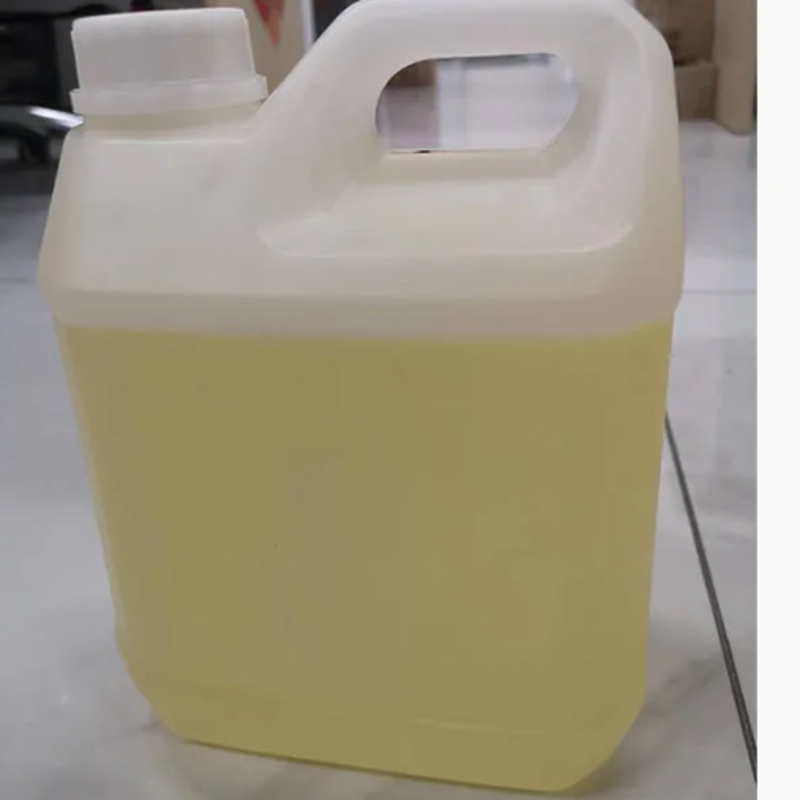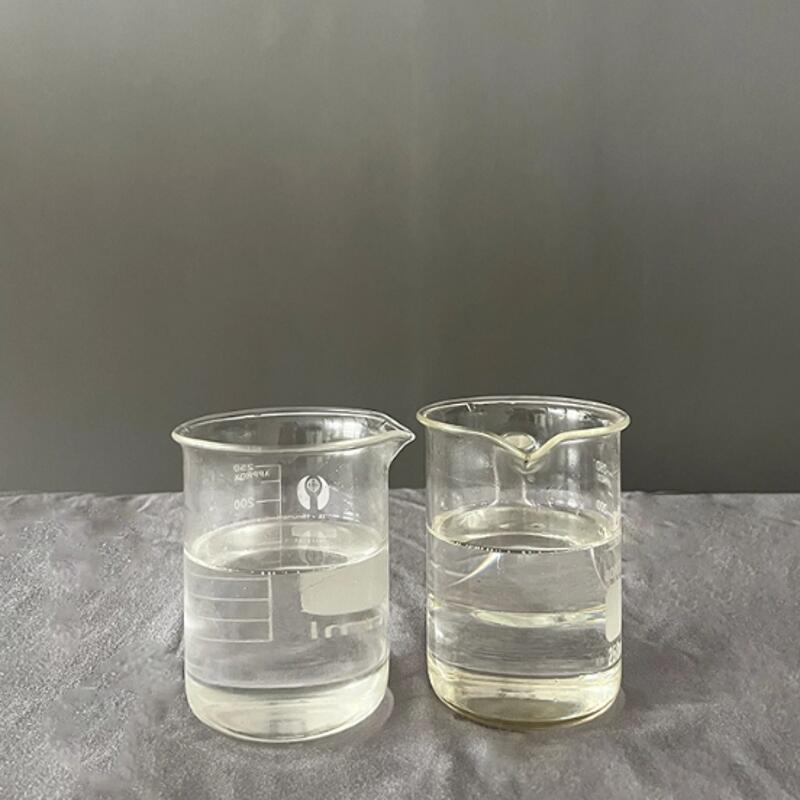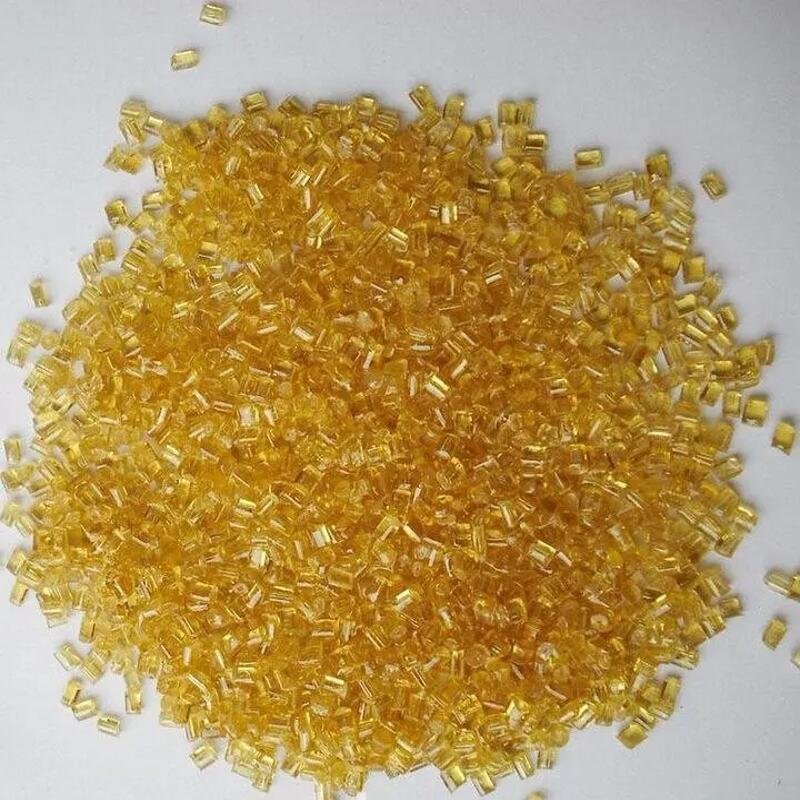-
Categories
-
Pharmaceutical Intermediates
-
Active Pharmaceutical Ingredients
-
Food Additives
- Industrial Coatings
- Agrochemicals
- Dyes and Pigments
- Surfactant
- Flavors and Fragrances
- Chemical Reagents
- Catalyst and Auxiliary
- Natural Products
- Inorganic Chemistry
-
Organic Chemistry
-
Biochemical Engineering
- Analytical Chemistry
-
Cosmetic Ingredient
- Water Treatment Chemical
-
Pharmaceutical Intermediates
Promotion
ECHEMI Mall
Wholesale
Weekly Price
Exhibition
News
-
Trade Service
"The Regional Comprehensive Economic Partnership (RCEP) was signed and entered into force as scheduled despite the impact of the epidemic.
It is the triumphant achievement of multilateralism and free trade, and has become a new engine in the process of economic globalization.
The development of the petrochemical industry in relevant countries has boosted confidence
.
” On June 14, nearly half a year after RCEP came into effect, Pang Guanglian, member of the Standing Committee and Deputy Secretary General of the Party Committee of China Petroleum and Chemical Industry Federation, and Secretary General of China Petroleum and Chemical Industry International Production Capacity Cooperation Enterprise Alliance In an interview with a reporter from China Chemical Industry News, he said
.
Pang Guanglian mentioned that China's petrochemical foreign trade has grown steadily since the RCEP took effect
.
In the first quarter of this year, the petrochemical trade volume between China and other RCEP member countries was US$68.
5 billion, a year-on-year increase of 16%
.
Among them, Japan, South Korea, and Malaysia are China's main trading partners, and the mutual trade exchanges are closer
.
In China's petrochemical trade with South Korea, the import value in the first three months was US$10.
07 billion, and the export value was US$5.
28 billion, both accounting for more than 6% of China's global petrochemical trade volume
.
It is also understood that under the RCEP framework, more than 400 kinds of petrochemical products imported from Japan have been directly reduced to zero tariffs
.
Among them, products with the original benchmark tax rate of 5% to 6% accounted for 82%, and the tax reduction was relatively large, but the volume of products involved was not large, including propane, synthetic ammonia, calcium carbide and some rare gases
.
China's imports of chemical products from Japan are mainly high-end refining and high-performance chemical products, while Japan's imports from China are mostly basic chemicals such as plastics.
The import and export of the two sides are highly complementary
.
The entry into force of RCEP has created a new situation for Sino-Japanese petrochemical industry cooperation
.
Pang Guanglian said that since the RCEP came into effect, on the one hand, the import cost of China's petrochemical products has been reduced
.
Many high-end fine chemical products and new materials in China rely on imports, and Japan and South Korea are the main import sources of high-end chemicals in China.
RCEP has greatly reduced the cost of raw material procurement and sales in China
.
For another example, China is highly dependent on the import of aromatic hydrocarbon products from RCEP member countries such as South Korea, Japan, Singapore, Brunei, etc.
Under the RCEP agreement, the import cost of aromatic hydrocarbons in China has also been greatly reduced
.
On the other hand, RCEP helps to resolve excess domestic capacity
.
Most of the petrochemical products exported by China are mainly basic chemicals
.
Since RCEP came into effect, Japan has exempted China's synthetic ammonia, urea, and calcium carbide from import tariffs, and South Korea has also reduced tariffs on polyvinyl chloride (PVC), calcium carbide, and synthetic ammonia imported from China to zero, which can alleviate the pressure of domestic overcapacity
.
Not only that, the implementation of RCEP will also promote the overseas layout of China's petrochemical industry chain and the overseas expansion of China's chemical market
.
According to the RCEP agreement, the Philippines, Thailand and other countries will gradually reduce the tariff rate of truck and passenger tires imported from China in the next 15 years, and the tariff rate of passenger tires will also gradually decrease in the next 20 years
.
This will benefit Chinese tire companies in accelerating their overseas layout
.







